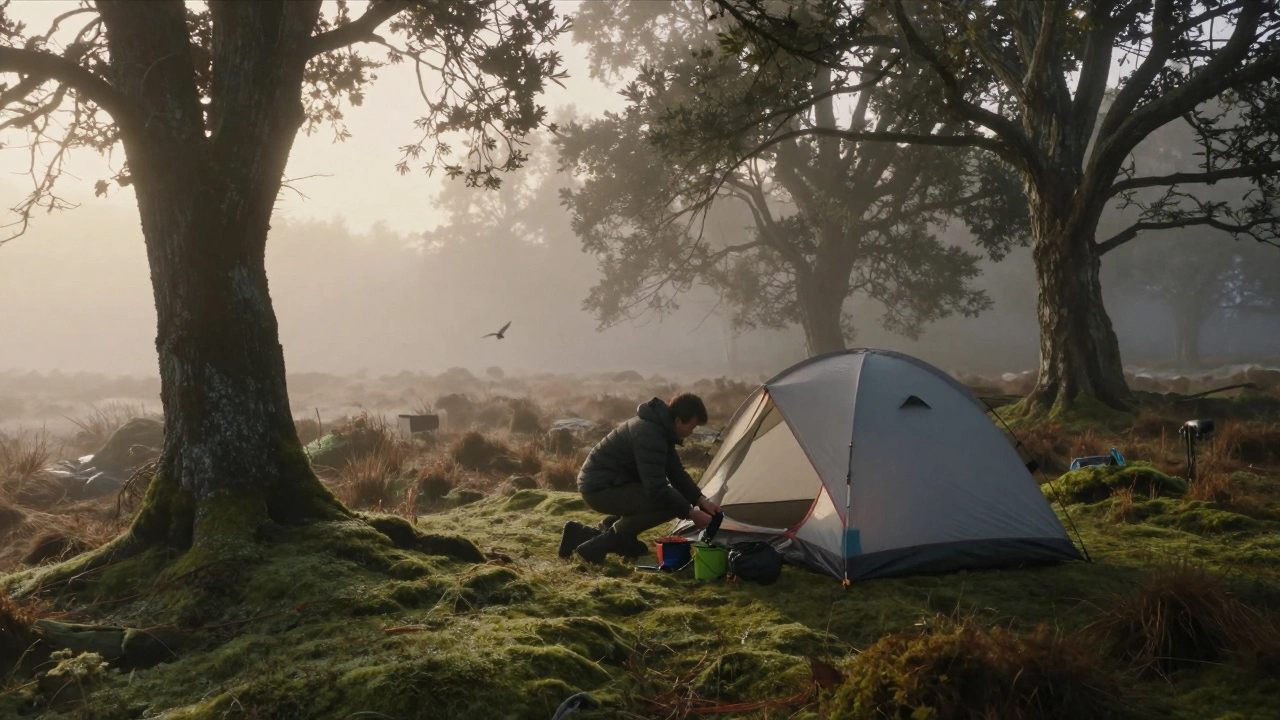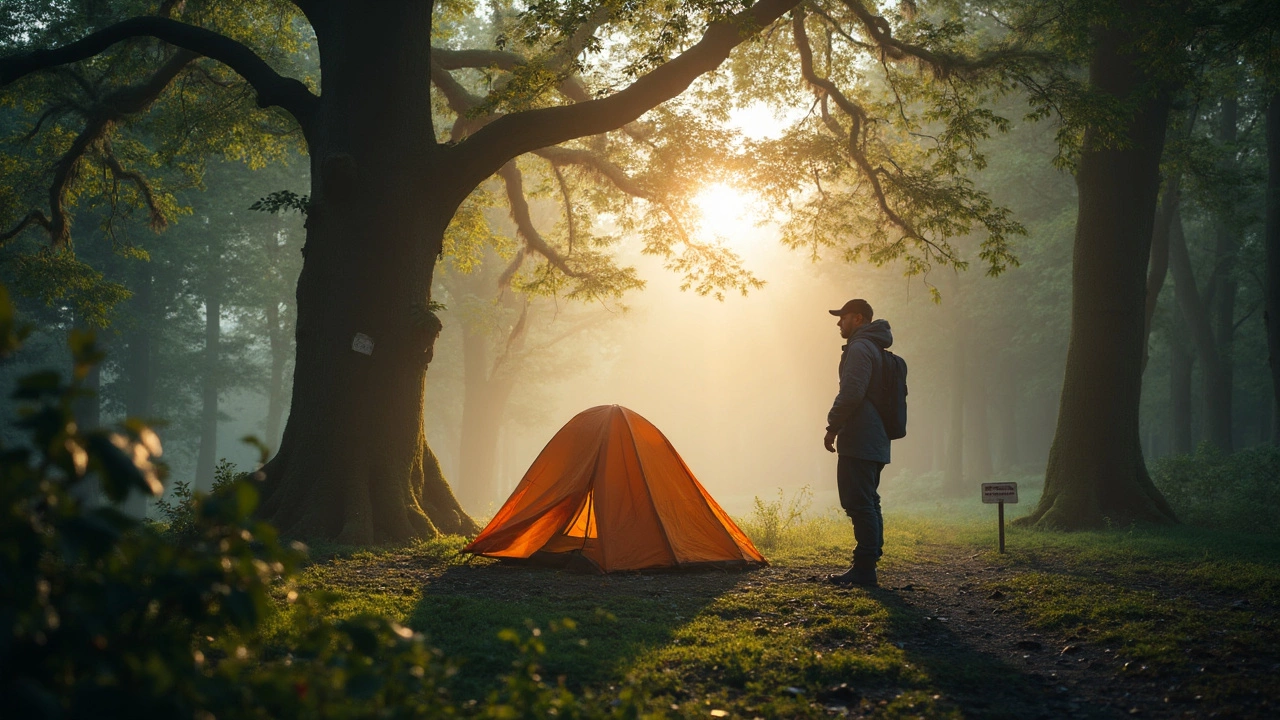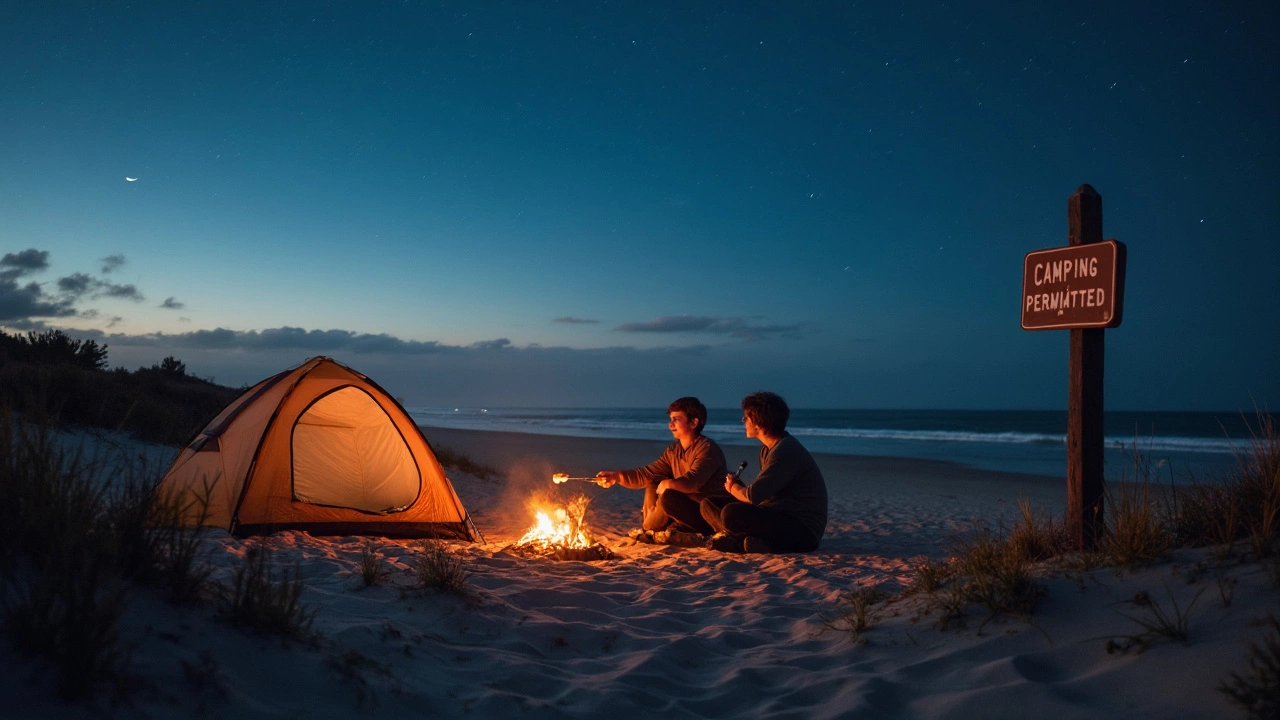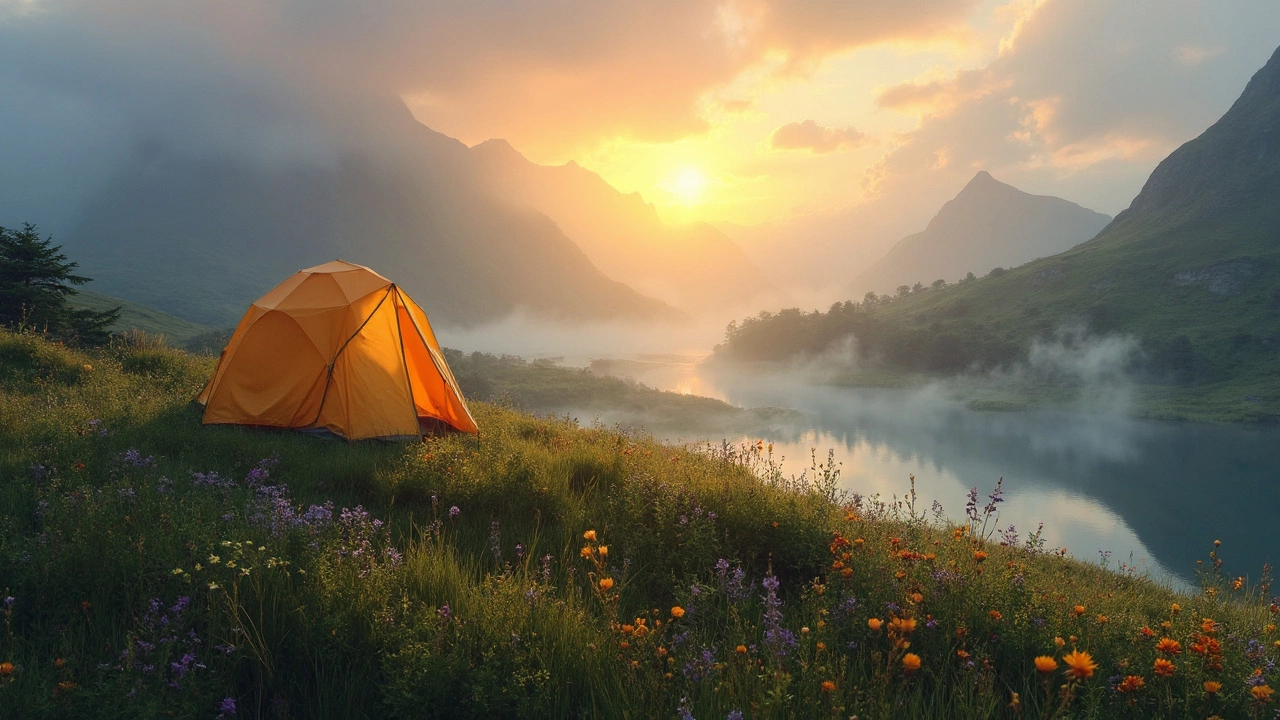Camping Laws: What Every Camper in the UK Needs to Know
Planning a weekend under the stars? Before you pack the tent, you’ve got to sort out the rules. The UK has a patchwork of laws that control where you can pitch, how long you can stay, and what you can do on the ground. Ignoring them can mean fines, a run‑in with the police, or a forced move‑on. Below you’ll find the most common regulations broken down in plain English, so you can enjoy your trip without surprises.
Wild Camping and the Law
Wild camping – sleeping outside of a formal campsite – is legal in most of Scotland thanks to the Scottish Outdoor Access Code. You can set up a tent on uncultivated land as long as you follow the “leave no trace” principle, stay away from private homes, and keep the stay short (usually a night or two).
In England and Wales it’s a different story. Most of the land is privately owned, and the law treats wild camping as trespassing unless you have the landowner’s permission. Some areas, like parts of Dartmoor and the Lake District, have unofficial tolerance zones, but you can still be asked to leave. The safest route is to look for designated wild‑camping sites, check local council websites, or use apps that mark allowed spots.
If you’re caught camping where it’s not allowed, you could face a warning, a fine of up to £300, or even a court summons. The key is to be respectful: keep noise down, pack out all rubbish, and don’t damage vegetation.
Camping on Beaches, Parks and Public Land
Beach camping is a hot topic. In England, most beaches are covered by bylaws that forbid setting up a tent for more than a few hours. You can generally stay for a quick nap or a day‑time picnic, but a full‑night stay usually requires a permit from the local council. Scotland’s coastal areas are more permissive, especially if you follow the Access Code.
Public parks are similar. Many local authorities allow “urban camping” in certain parks, but only during daylight hours or with a special permit. Check the park’s website or contact the council before you arrive. Some cities have designated “pocket parks” where overnight stays are explicitly allowed.
National forests and public land can be used for “dispersed camping,” but the rules vary by region. In Wales, for example, you can camp in designated forest areas for up to 48 hours without a fee, provided you stay on established sites and follow fire safety rules.
Regardless of where you set up, always bring a portable toilet solution, keep fires to a minimum, and respect any signage. These habits not only keep you out of trouble, they also protect the environment so the sites stay beautiful for everyone.
Bottom line: read the local bylaws, carry a copy of the relevant access codes, and when in doubt, ask. A quick phone call to the council can save you a night of packing up early. With the right prep, you’ll enjoy the freedom of the open road and the peace of a night under the stars – all without breaking the law.
Is It Legal to Sleep in the Forest? What You Need to Know Before Wild Camping
Is it legal to sleep in the forest? The answer depends on where you are. Learn where wild camping is allowed, what the penalties are, and how to do it responsibly without breaking the law.
Can I Camp in the Woods UK? Wild Camping Rules Explained
Wondering if you can pitch your tent in the UK woods? This article cuts through the confusion around wild camping rules, where you can go, and what you need to watch out for. Find out the legal side, the real-life challenges of camping in the UK forests, and get helpful tips for doing it right. Whether you’re thinking about a solo adventure or just want a night outside, you’ll discover what’s allowed and what can get you in trouble. Everything you need to start wild camping safely and respectfully is right here.
Is Wild Camping Legal in California? Beach Campsites Explained
Thinking about sleeping under the stars on a California beach? This article covers what you need to know about wild camping laws, the boundaries you can't cross, and the handful of beaches where you can pitch a tent legally. Expect real talk on fines, camping loopholes, and insider tips to help you camp responsibly. Plus, find out where and how to enjoy a beach night without drama. Staying informed will help you avoid expensive mistakes.
Is Wild Camping Illegal in Scotland?
Exploring the legality of wild camping in Scotland often leads to interesting discoveries, thanks to its liberal stance compared to many places. The right to roam grants adventurers the freedom to pitch a tent almost anywhere in its remarkable landscapes. However, there are rules to follow, like respecting nature, keeping away from residences, and ensuring minimal impact. Understanding these regulations helps in planning an unforgettable, hassle-free camping trip under Scotland's open skies.



